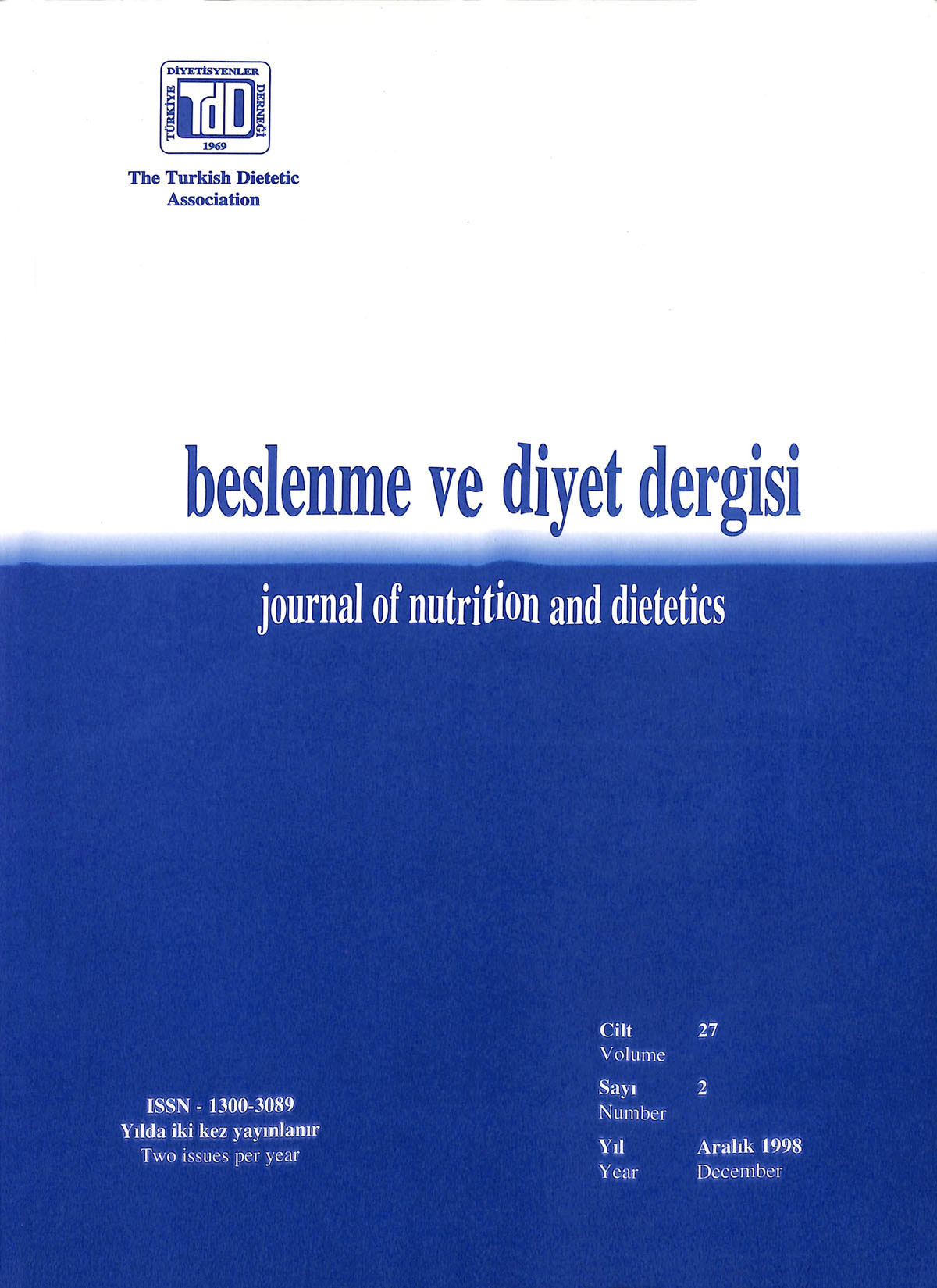The Influence of Traditional Beliefs on Breast Feeding Practices
Keywords:
Breast milk, traditional beliefs, feeding, infantAbstract
Five hundred and six women aged 15-49 years were enrolled in the stııdy, which was planned to investigate the traditional beliefs on breastfeeding. The mean age of the stııdy group was 26±5 years. Thirîy women (5.9 %) \vere illiterate, 216 (42.7%) had 5 years and 243 (52.4%) had 8 years or mor e of sehooling. Majority of the group (412 women-81.3%) were lıousewives. Results of the stııdy indicate that stili signifıcant nıımber of women lıave traditional beliefs which could have adverse effect on infant feeding practices. For example 123 wonıen (24.5%) believes that at least three calls for prays (on average 12 hoıırs) should be waited for the fırst feeding after birth, 161 (31.9%) thinks colostrıım should not be given to the newborn, 170 (33.7%) thinks breast milk of sonıe mothers could be harmful for their babies, and 152 (30%) thinks an evil ey e could give hamı to their breast milk. The rat e of women havitıg these traditional beliefs redııced as the age and educational level inereased. O f506 mothers 321 (63.4%) were breastfeeding their babies and 26% of them started sııpplementaty feeding within the fırst three months of life. Womens' decisions regardiııg infant feeding were mostly inflııenced by an advice either from doctors or grandnıothers. However result s of this stııdy led us to think that traditional beliefs might be the underlying factor on decisioıı making. hı conclusion, we recommend that new insights gained by ıınderstanding mothers' perspeetives and traditional beliefs would be benefıcial on planning new strategies to sıtpporr breastfeeding.

